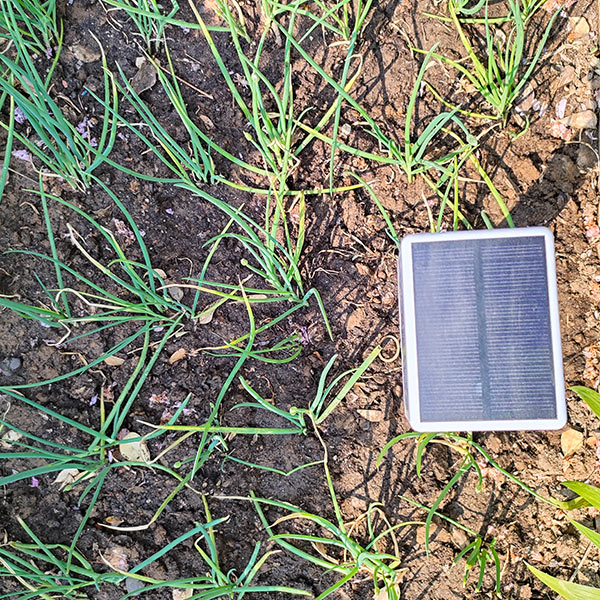In response to the increasingly severe drought and land degradation problems, the Kenyan Ministry of Agriculture, in conjunction with international agricultural research institutions and Beijing technology company Honde Technology Co., LTD., has deployed a network of smart soil sensors in the main corn-producing areas of Kenya’s Rift Valley Province. The project helps local small farmers optimize irrigation and fertilization, increase food production and reduce resource waste by real-time monitoring of soil moisture, temperature and nutrient content.
Technology implementation: from laboratory to field
The solar-powered soil sensors installed this time are driven by low-power IoT technology and can be buried 30 cm underground to continuously collect key soil data. The sensors transmit information to the cloud platform in real time via mobile networks, and combine artificial intelligence algorithms to generate “precision farming suggestions” (such as the best irrigation time, fertilizer type and amount). Farmers can receive reminders via mobile phone text messages or simple APPs, and can operate without additional equipment.
In the pilot village of Kaptembwa in Nakuru County, a corn farmer participating in the project said: “In the past, we relied on experience and rain to grow crops. Now my mobile phone tells me when to water and how much fertilizer to apply every day. This year’s drought is severe, but my corn yield has increased by 20%.” Local agricultural cooperatives said that farmers using sensors save an average of 40% water, reduce fertilizer use by 25%, and significantly enhance crop disease resistance.
Expert Perspective: Data-driven agricultural revolution
Officials from the Kenyan Ministry of Agriculture and Irrigation pointed out: “60% of Africa’s arable land faces soil degradation, and traditional farming methods are unsustainable. Smart sensors not only improve efficiency, but also help formulate regional soil restoration policies.” A soil scientist from the International Institute of Tropical Agriculture added: “This data will be used to draw Kenya’s first high-resolution digital soil health map, providing a scientific basis for climate-resilient agriculture.”
Challenges and future plans
Despite the broad prospects, the project still faces challenges: network coverage in some remote areas is unstable, and elderly farmers have a low acceptance of digital tools. To this end, the partners developed offline data storage functions and cooperated with local young entrepreneurs to carry out field training. In the next two years, the network plans to expand to 10 counties in western and eastern Kenya, and gradually extend to Uganda, Tanzania and other East African countries.
Post time: Feb-14-2025


